I spend a good amount of time reading product information before I buy it. I don’t just read reviews online to help me decide which products to buy, I also read and research about the ingredients used in the product I have my eyes on. I’ve mentioned in previous posts how I’m a huge fan of natural skincare and that I find that these natural remedies really do nourish the skin to a great extent.
However, it is also true that today, it is unavoidable to use chemically manufactured skincare products. These products are so convenient to use and depending on how your skin reacts to them, they can really bring about a great effect to your skin’s health. Despite the convenience they bring though, I am still selective when it comes to the products I use—especially on my face. We all know how facial skin can be very sensitive, and applying beauty product after beauty product can tire your skin out and leave it dull and lifeless. This is why being particular about the ingredients in your skincare products is a must! Protecting your skin from repetitive exposure to potentially damaging ingredients can give you younger looking skin for much longer. Next to water, one of the most common ingredients I see when I read skincare product ingredients lists is alcohol. In this article, I’ll shed a bit of light on the pros and cons of alcohol when used as a skin ingredient.
Where is Alcohol Used?
Alcohol is used in a wide range of beauty products. You may see alcohol in your:
- Cleansing cream or facial foam
- Toner
- Makeup remover
- Facial creams
- Serums
Those are just some of the products which usually contain alcohol. I’ve noticed that a lot of facial toners and liquid skin cleansers which are applied using cotton pads usually contain alcohol. They also exhibit quick evaporation which is a property lent to them by alcohol. With just water alone, toners, makeup removers, and other similar skincare ingredients would take quite a while to evaporate from your face.
What is Alcohol For and Why Is It in Skincare Ingredients?
When used as a skincare ingredient, alcohol helps speed up the evaporation of the product. It also helps serve the following purposes:
- Can be used as a solvent and prevents ingredients from crystalizing
- Acts as an antiseptic and disinfectant
- Helps preserve the shelf-life of products; the natural antibacterial quality of alcohol gives products longer shelf life by acting as a preservative
- May help increase other ingredients’ penetrative abilities on the skin
- Makes creams and other “too thick” products thinner and much easier to apply and spread all over the face
- Acts as a kind of astringent which makes it beneficial for those who have particularly oily skin; can leave a matte and shine-free finish
Those effects of alcohol sound good, right? To a certain extent and depending on how they are used, they are good for the skin, and based on how it can preserve products, it can be said that alcohol in cosmetics are definitely good for the manufacturer’s sake. But what should you know about alcohol when it comes into contact with your skin?
Alcohol in Your Skincare Products
It is important to remember that there are many different kinds of alcohol and when we take it from a chemist’s point of view even menthol and glycerin are forms of alcohol too. In this article however, “alcohol” largely refers to ethanol which is a colorless food grade alcohol. This is the same kind of alcohol in beer and other liquors. It has a very simple chain structure and because of this, it evaporates faster than water. Ethanol may appear on your skincare ingredients list as: alcohol denat, SD alcohol, or as SD alcohol 30, 39, 39-B, 39-C, 40, 40-B, 40-C. At times, it may even just say “alcohol” to refer to ethanol or any of those other forms of ethanol.
For people who already have sensitive skin or dry skin, it may be better to avoid products which have ethanol in it because it may cause some drying. Those who have oily skin, however, may benefit from the matte-finish effect that this ingredient has. Of note, I’ve come across articles and research work which state how ethanol induces cell death—even if used in small amounts. This is why a lot of people are discouraged to use products which have ethanol or alcohol in them. However, despite the potentially skin-drying effects and cell death from contact with alcohol, it cannot be denied how it helps improve the quality of the beauty products and even increases the penetration for other ingredients of the product you are using.
Good Alcohols
Ethanol may be getting all the negative attention and confusing feedback, but it must not be forgotten that there are also good alcohols in form of fatty alcohols. These, unlike ethanol, have longer chains and have usually waxy textures. In skincare, these good alcohols can help improve skin stability, texture, or overall skin moisture levels. Good alcohols include:
- Cetyl alcohol
- Stearyl alcohol
- Cetearyl alchol
- Behenyl alcohol
- Arachidyl alcohol
- Myristil alcohol
These can be derived from plant sources like coconuts or natural fats. They are responsible for making emulsifying reactions in skincare products, and are usually found in thicker products like hand creams, lipsticks, mascara, eye makeup, conditioners, sunblocks, and lotions.
Conclusion
There are good alcohols and bad alcohols when it comes to skincare, but even the bad alcohols can be used positively to help your skin. Because of this, I can say that being more particular about the skincare ingredients you use is a must—but in the end, how you use your chosen products and integrate them to your skincare routine will contribute to how effective they can be. Always remember to know your skin type and observe how it reacts to the products you use. Ultimately, your skin matched with the product will be the determining factor on whether or not alcohol—good or bad, may be good for your skin.

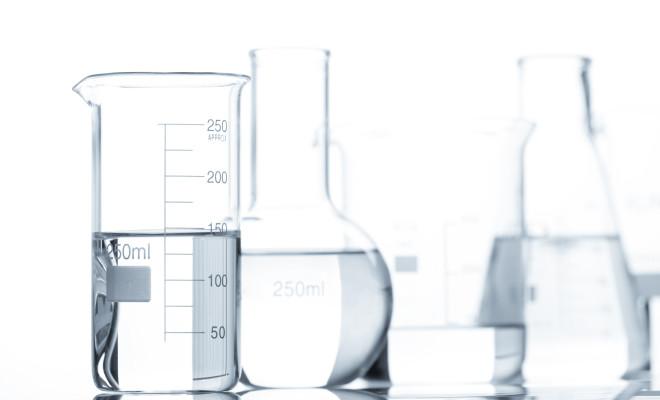
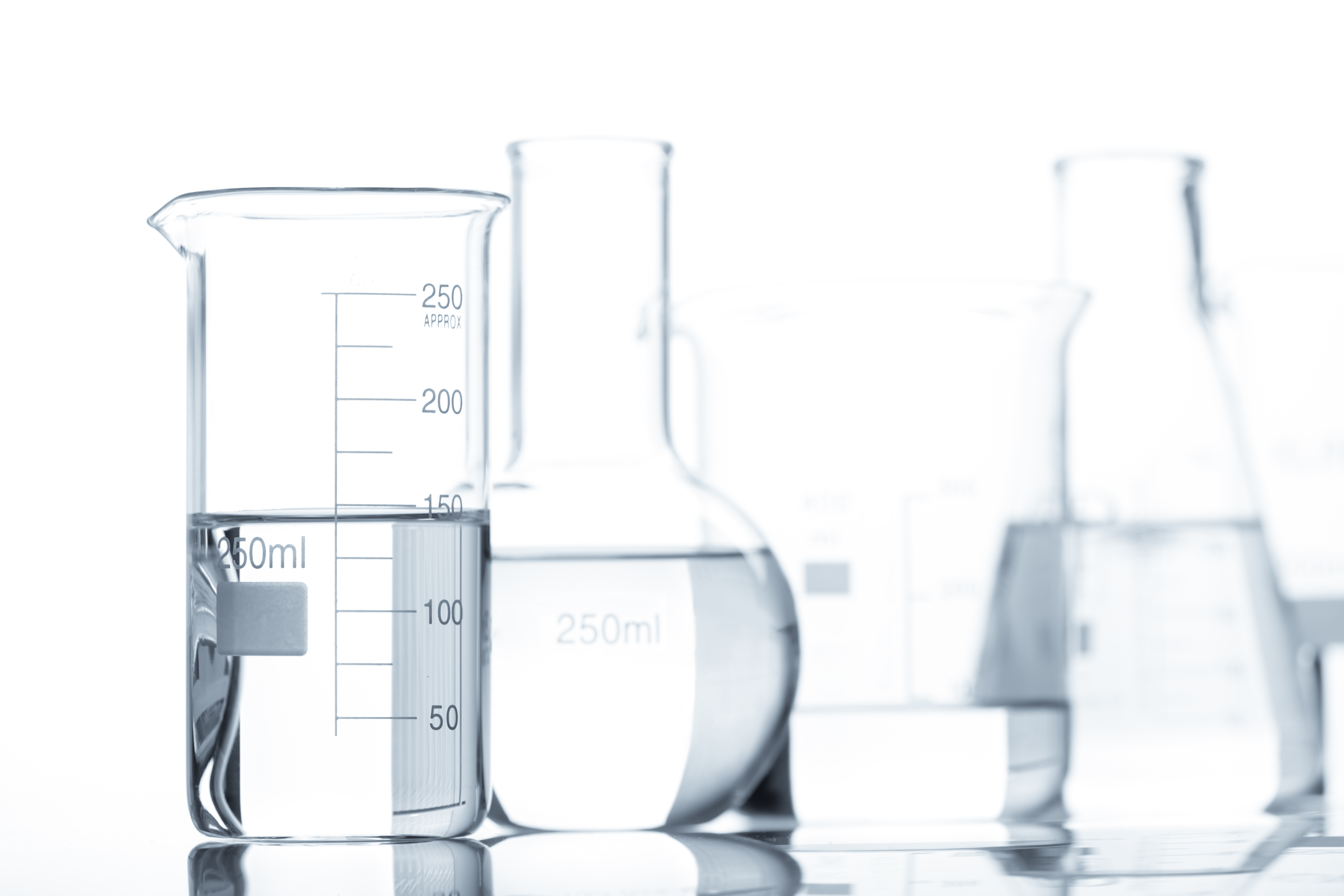
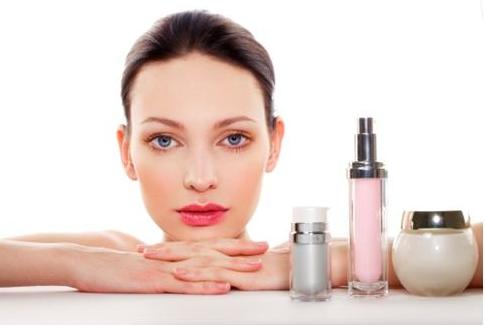
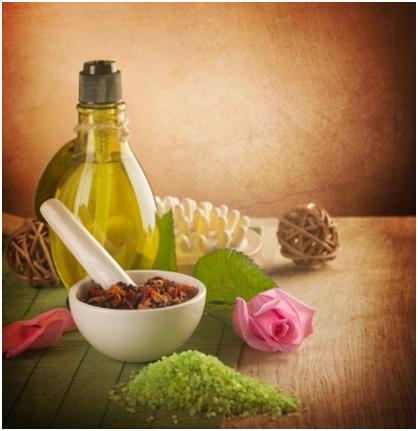
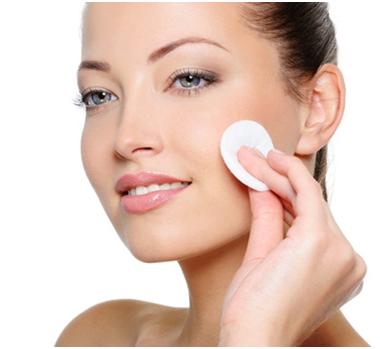

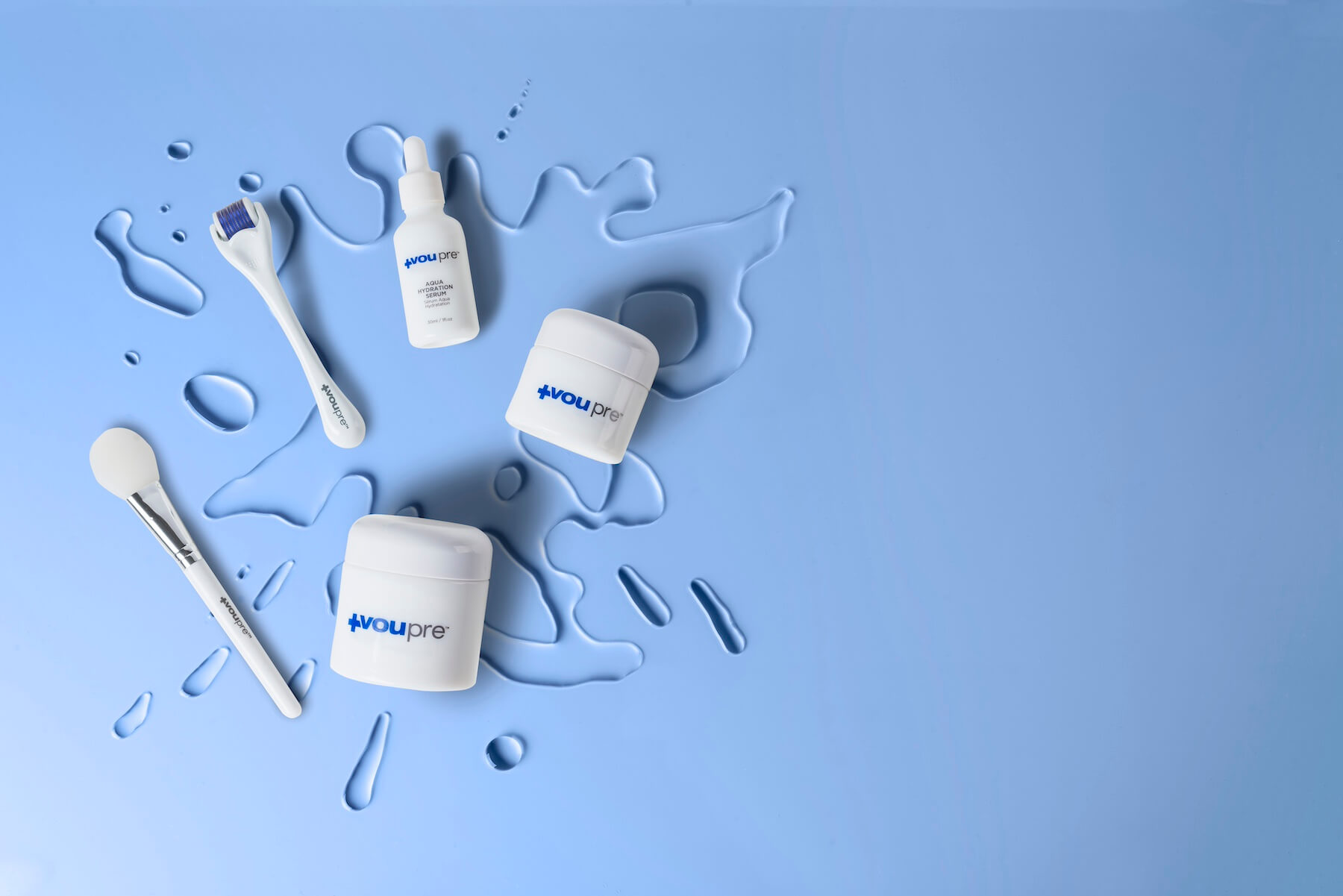
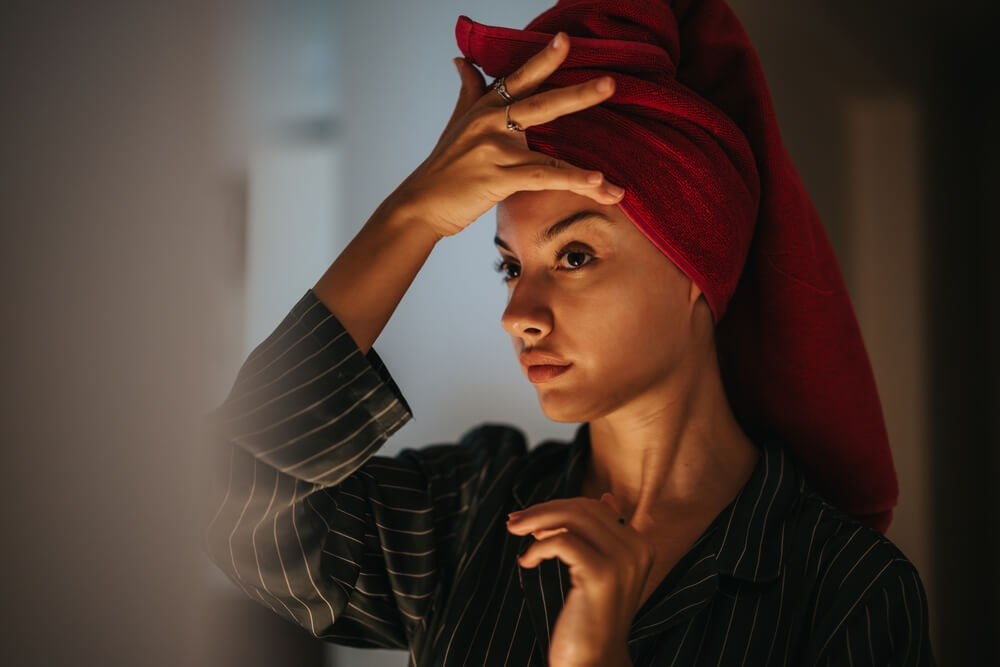

Leave A Comment